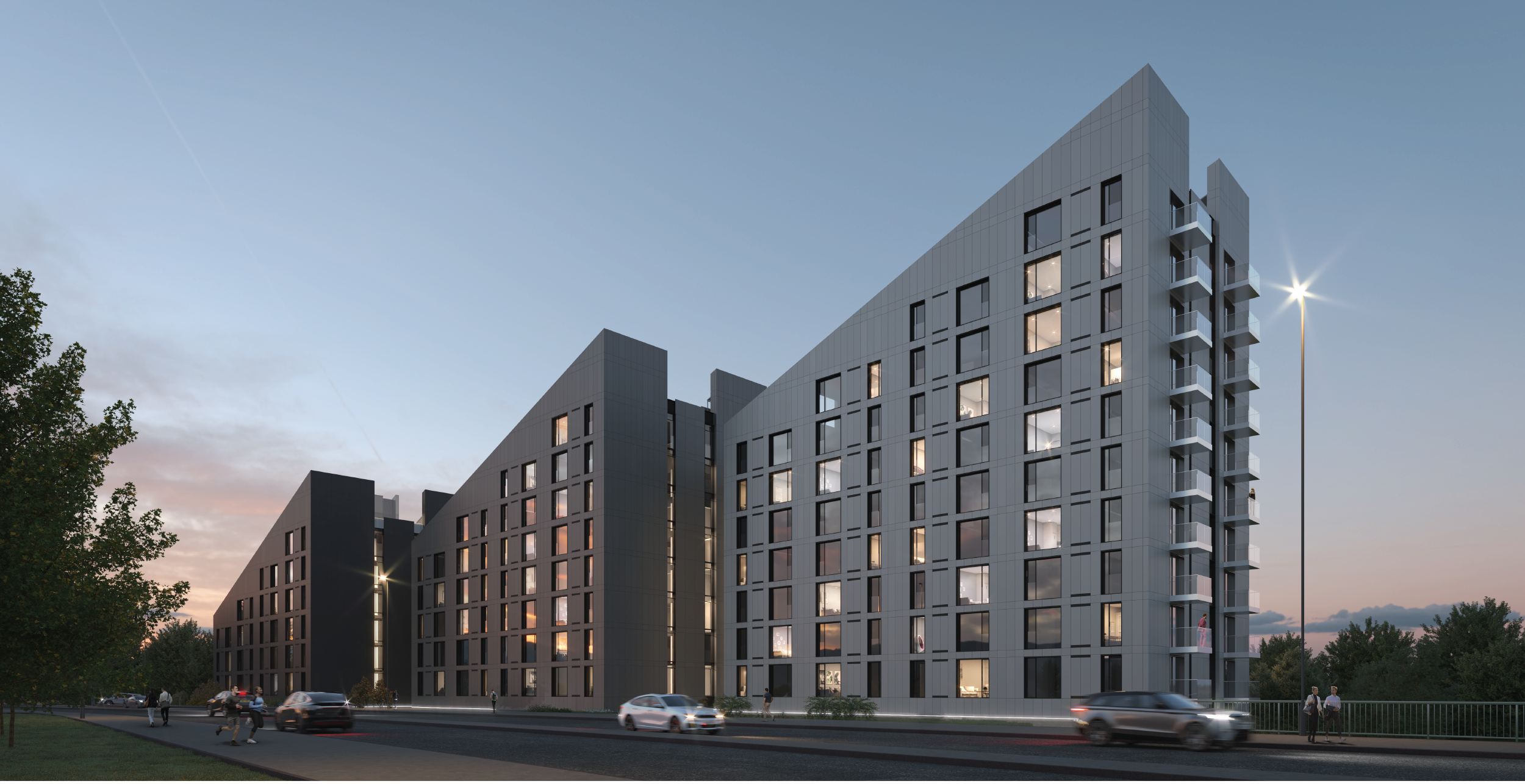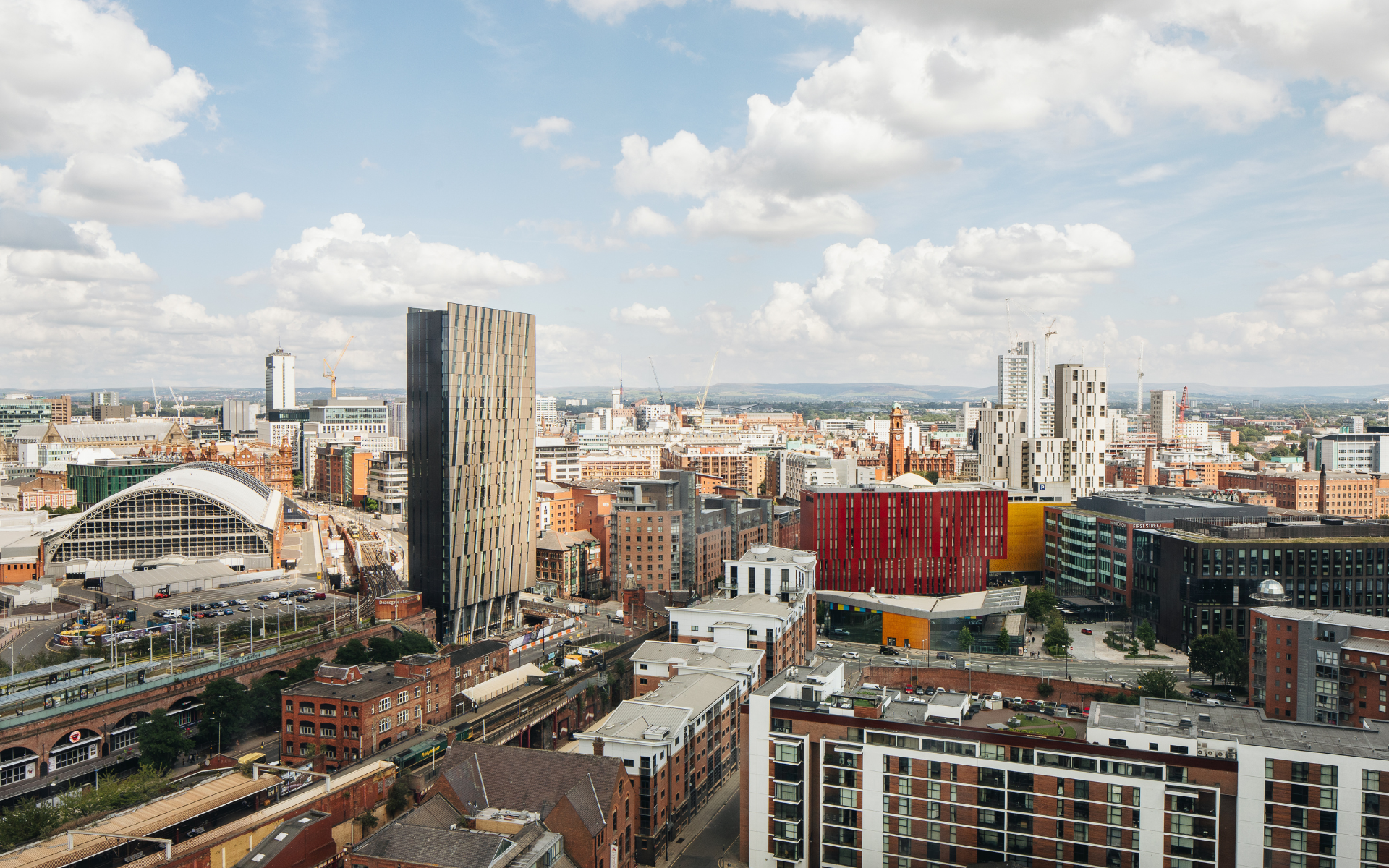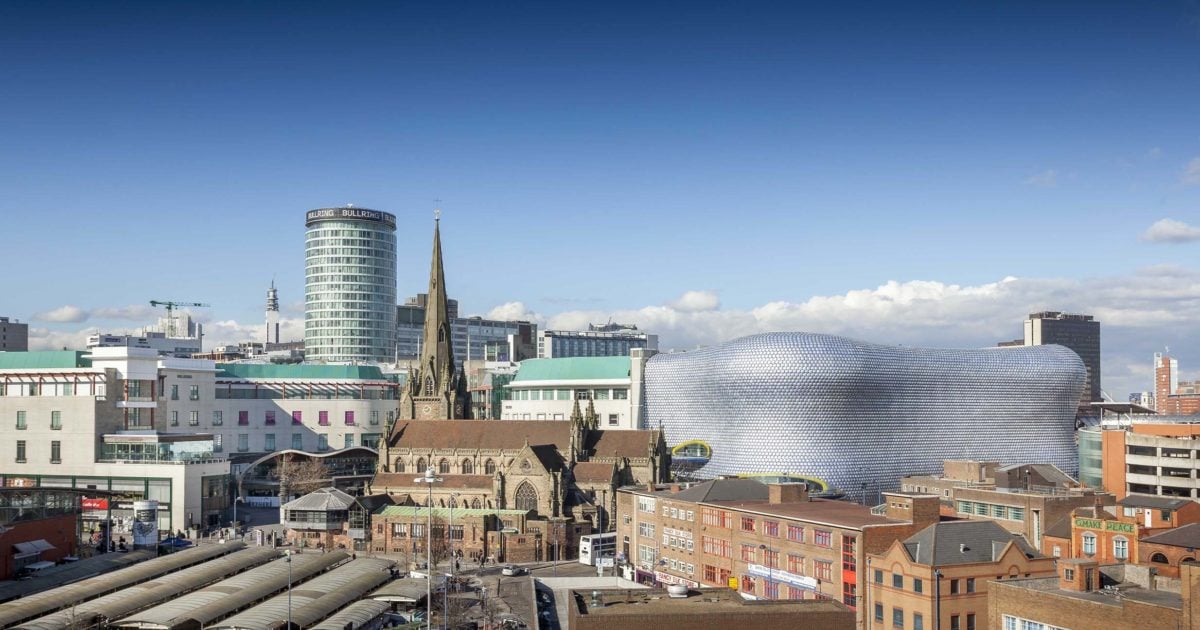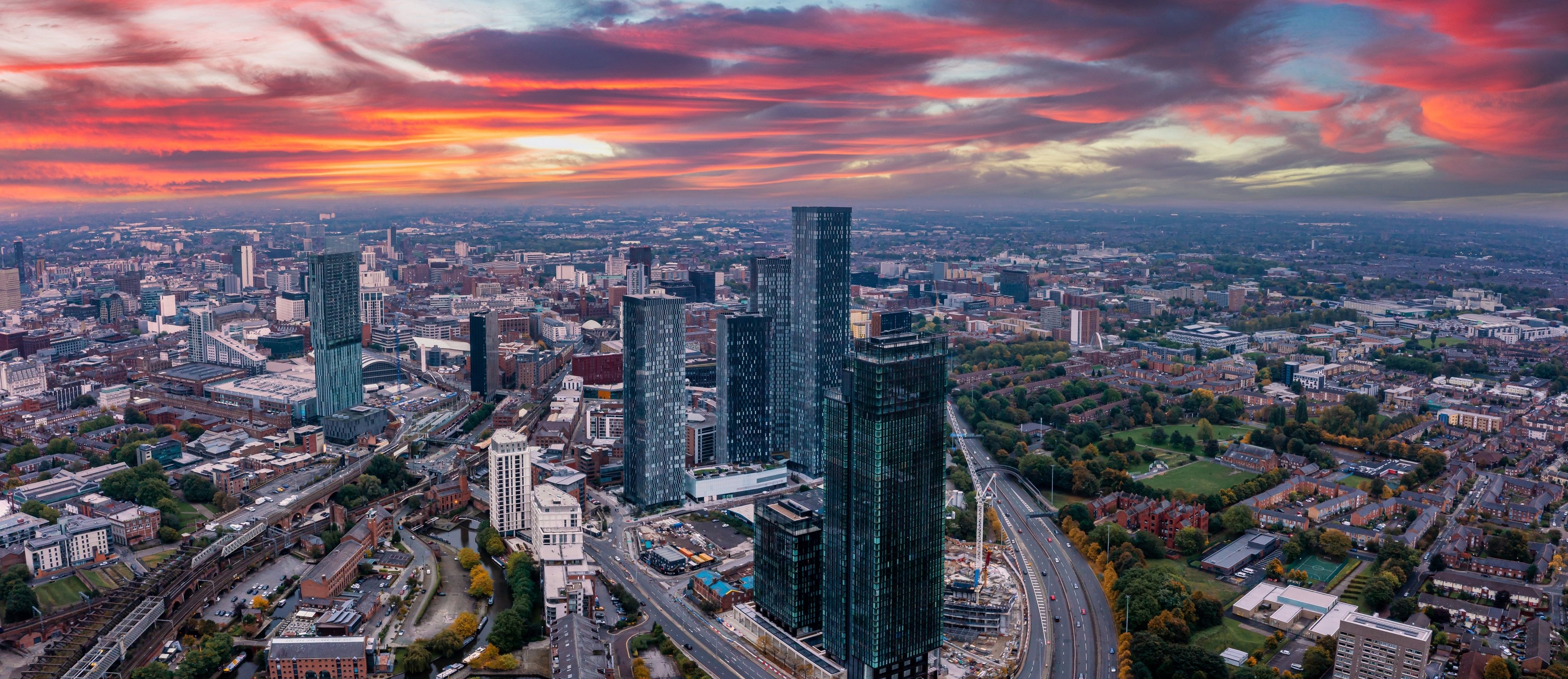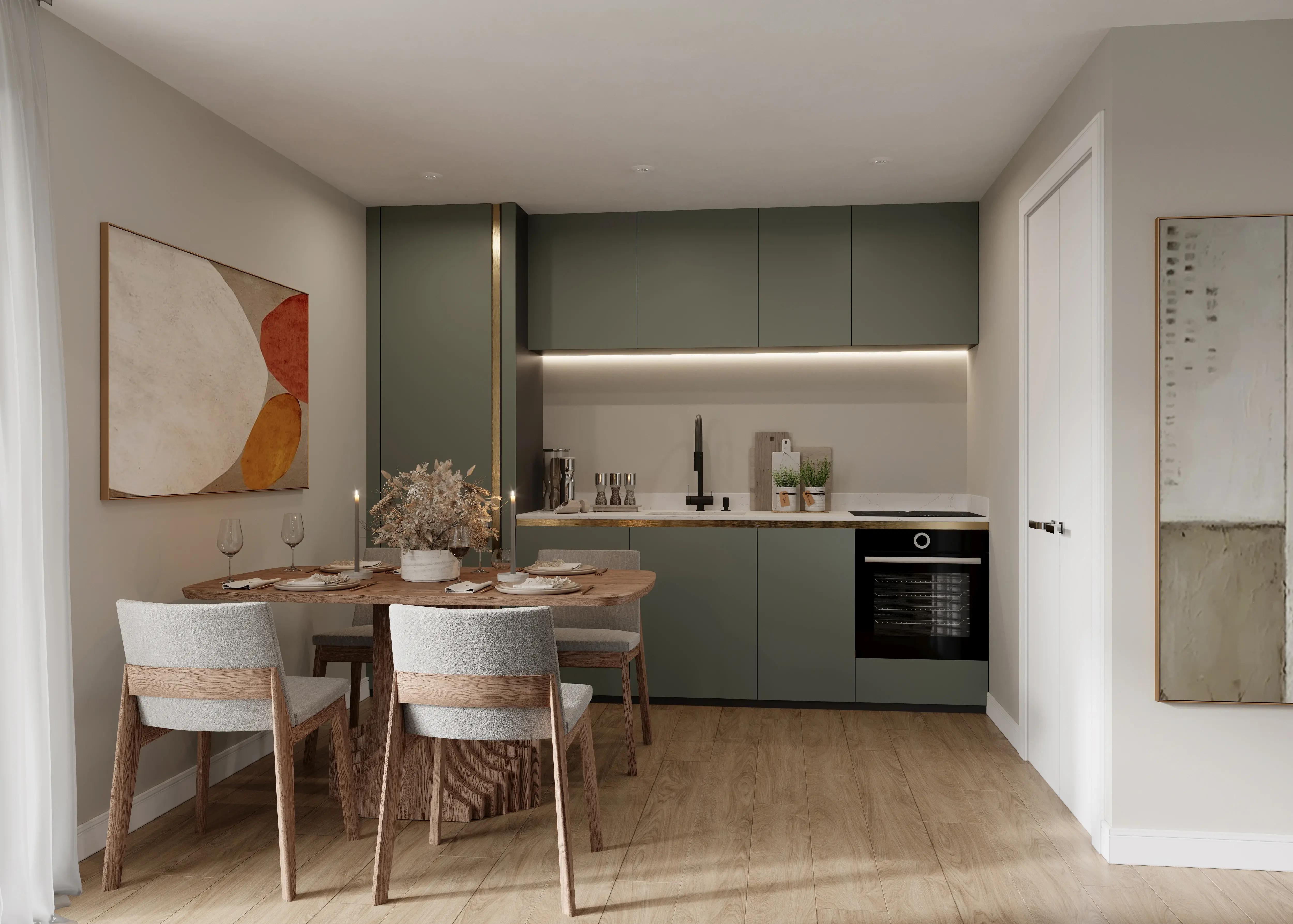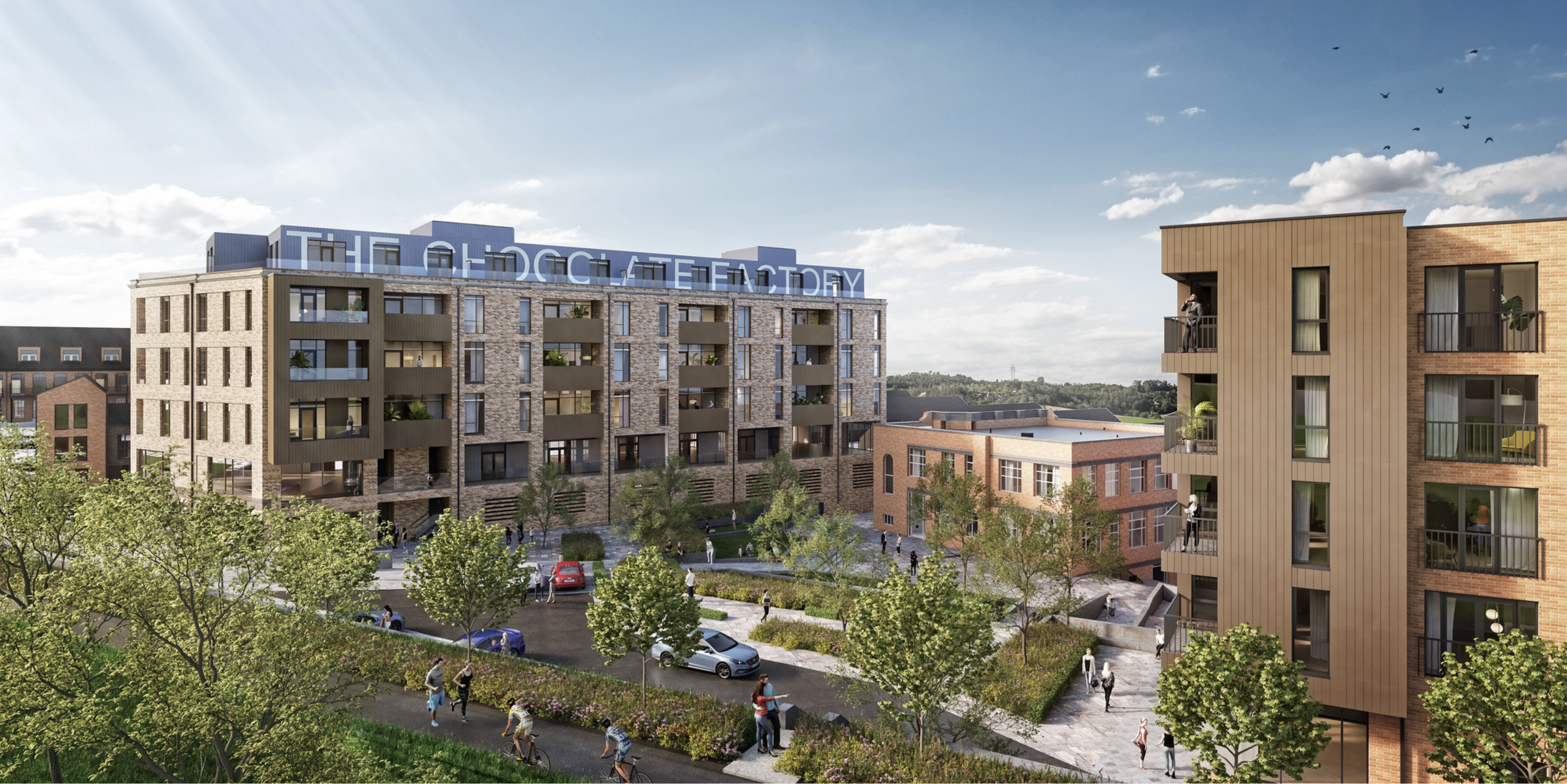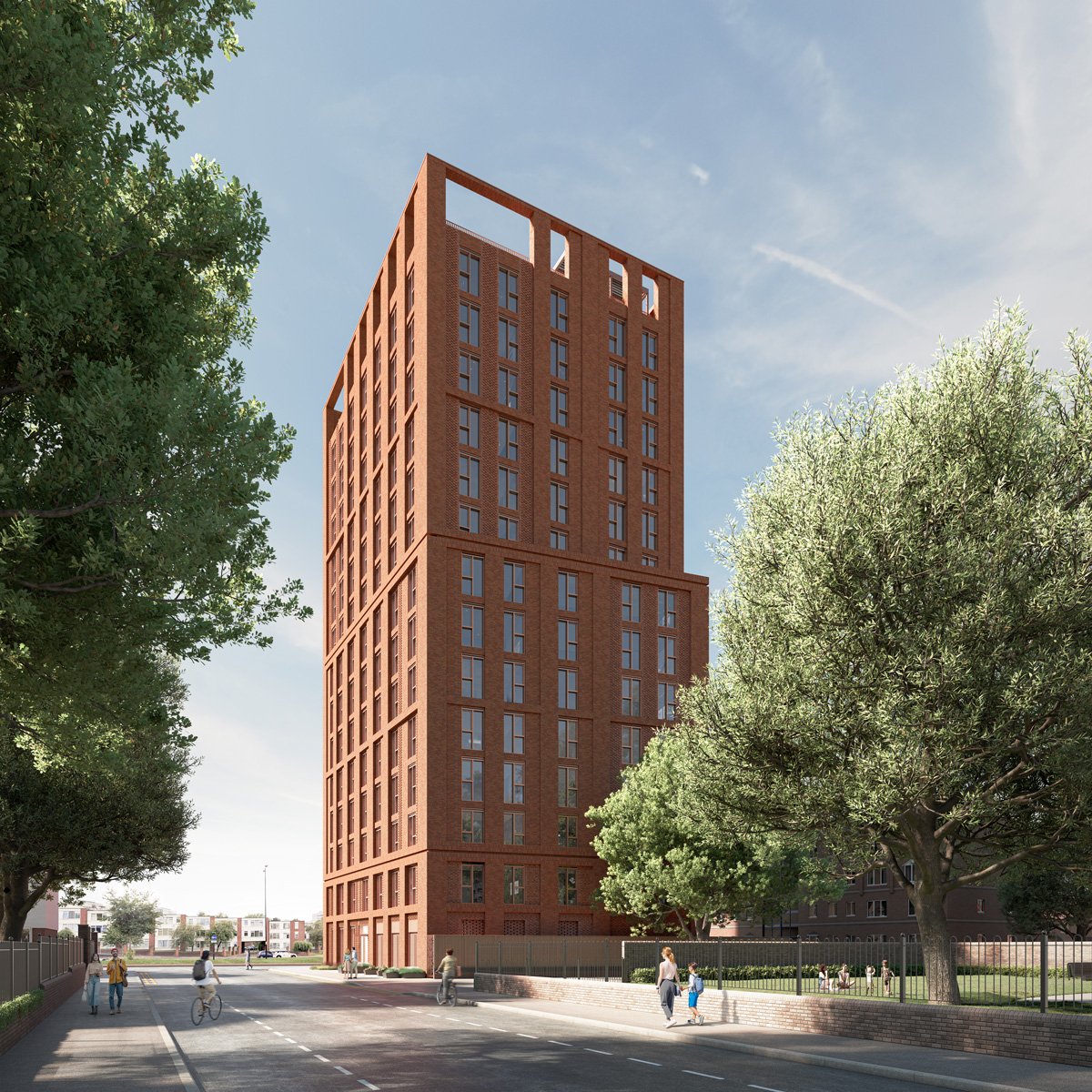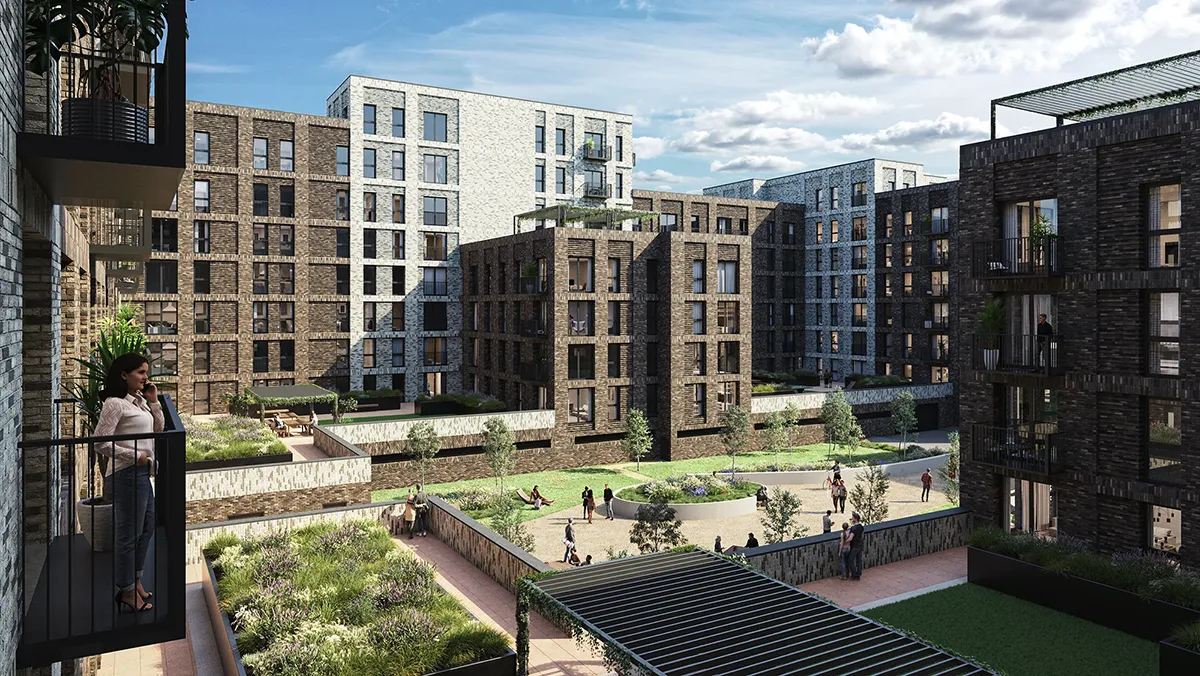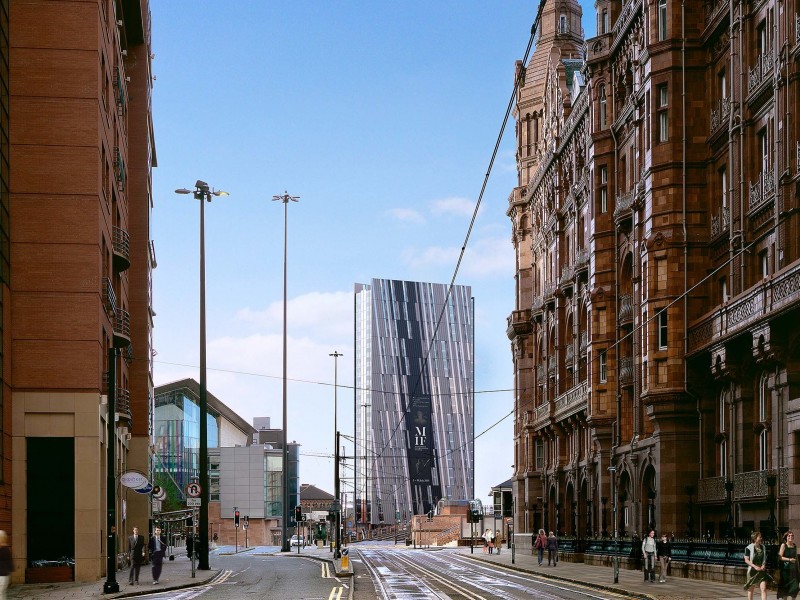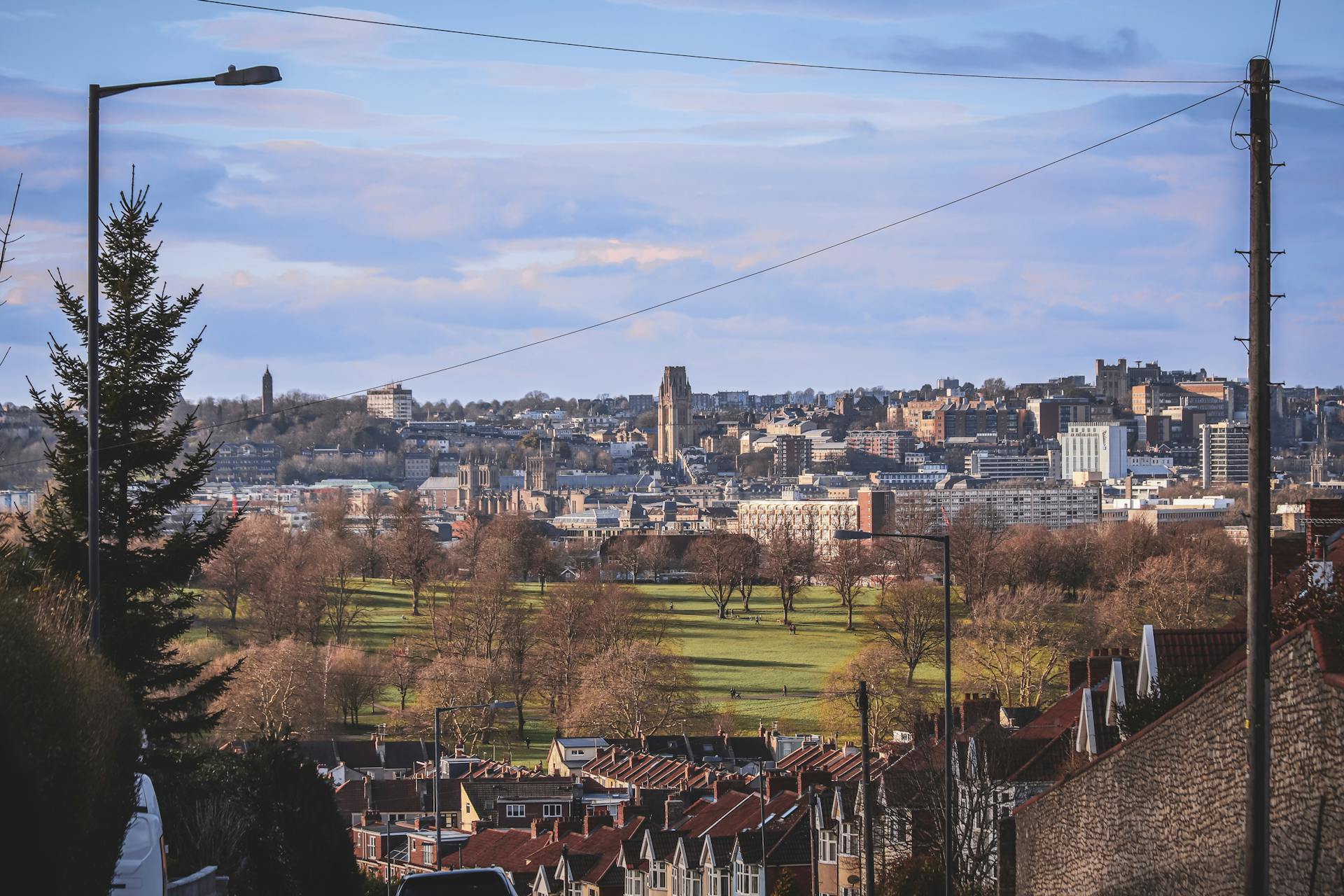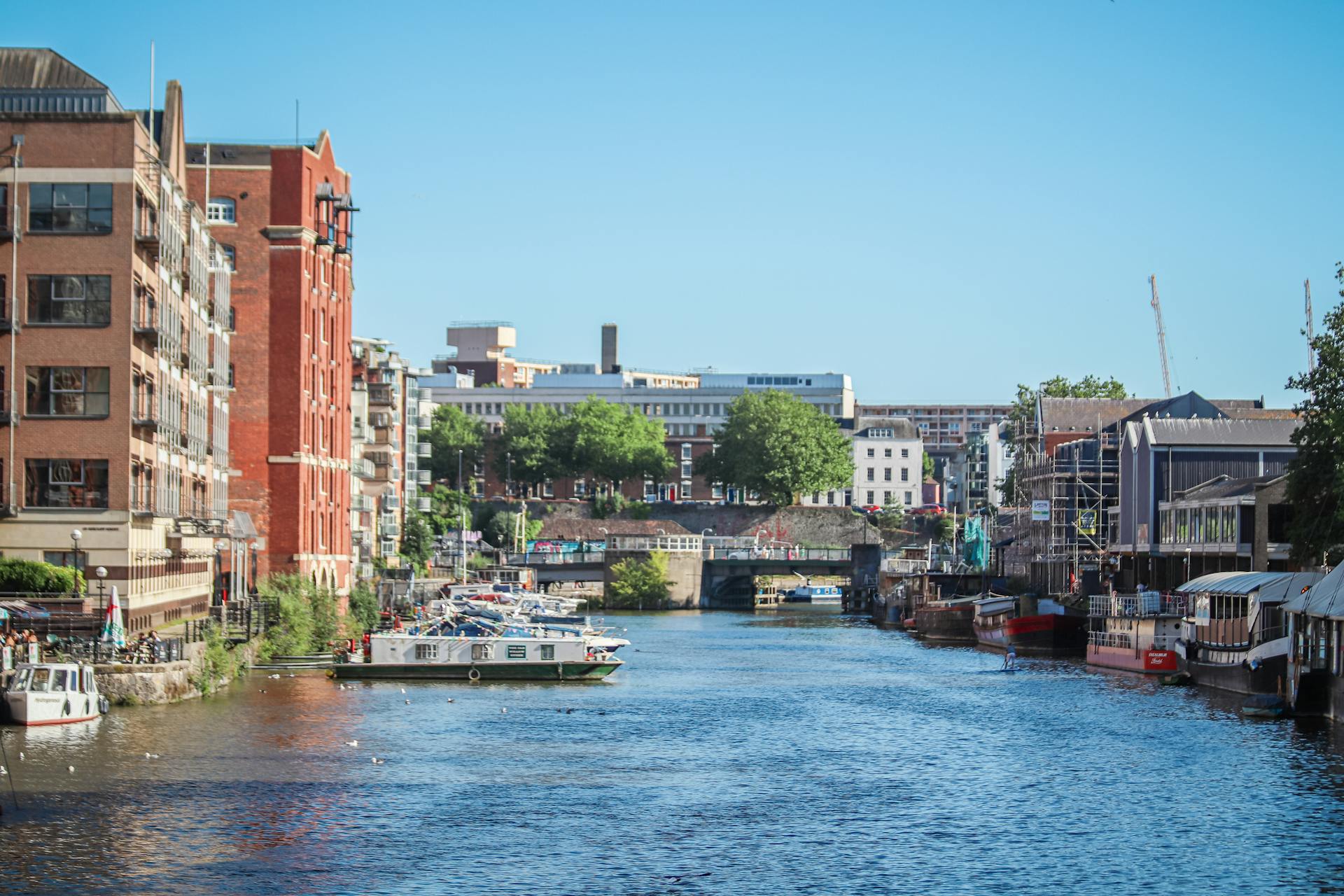This is how Manchester has surpassed London in real estate growth
Unlike London, Manchester has seen real-estate valuation growth since 2015, with prices rising over seven percent year-over-year.
For years Manchester has been considered the United Kingdom’s “second city,” following London in population, economy, and culture. But the northern city has recently outpaced the capital in one respect: real estate growth. According to the Nationwide Building Society’s House Price Index, London’s house prices have dropped one percent year-over-year.
Manchester, on the other hand, has seen growth since 2015, with prices rising over seven percent year-over-year, per market analysis firm Hometrack (a U.K.-based residential property market analytics firm). Jamie Adam, head of residential development sales at Savills in the north of England, says that a number of factors have contributed to city’s real estate boom.
“The strong job growth and prospects in the city is one of the key drivers, premised by a number of large financial institutions and other well-known firms choosing Manchester as their base.” Adam notes that the jobs in media, technology, and design industries have also risen; the area also has the highest graduate retention rate outside of London, with 51 percent of university graduates staying in the area.
Take a look at Alliance Investments off-plan developments that showcases Uptown Manchester, Queens Terrace Manchester, Manhattan, Axis Tower Manchester, Downtown Manchester and Oxygen.
“Manchester is clearly a hot spot for professionals who live and work in the city, as well as young professionals who are transitioning out of rental properties into their first home, choosing the city due to its promising job prospects and vibrant nightlife,” he says.
The city’s transformation into a cultural destination is also a factor. The former industrial hub has two symphony orchestras and Europe’s largest indoor arena, and hosts the Manchester International Festival, a biennial event featuring new and original work from a variety of disciplines. The Mecanoo-designed HOME art, theater, and film center opened in 2015 and counts Manchester native Danny Boyle as one of its patrons. The city’s famous football clubs don’t hurt either. “International investors are also drawn to the city because they feel they know it well, having heard of it through the international brands of Manchester United and Manchester City,” says Adam.
Adam says that Savills is seeing a rise in purchases in the city center by buyers 65 and older, as they downsize and seek more convenient homes. “That generation’s attitudes toward city center living is improving as they look to move closer to leisure, healthcare, and shopping facilities,” he notes. “Manchester’s cosmopolitan center is also undoubtedly appealing to them, with its many restaurants and bars in addition to its vibrant cultural scene.” Development—and the city’s real estate growth—shows no sign of slowing down, with a number of new skyscrapers, hotels, and residential buildings on the horizon.
Article Source - Architectural Digest
Continue Reading
